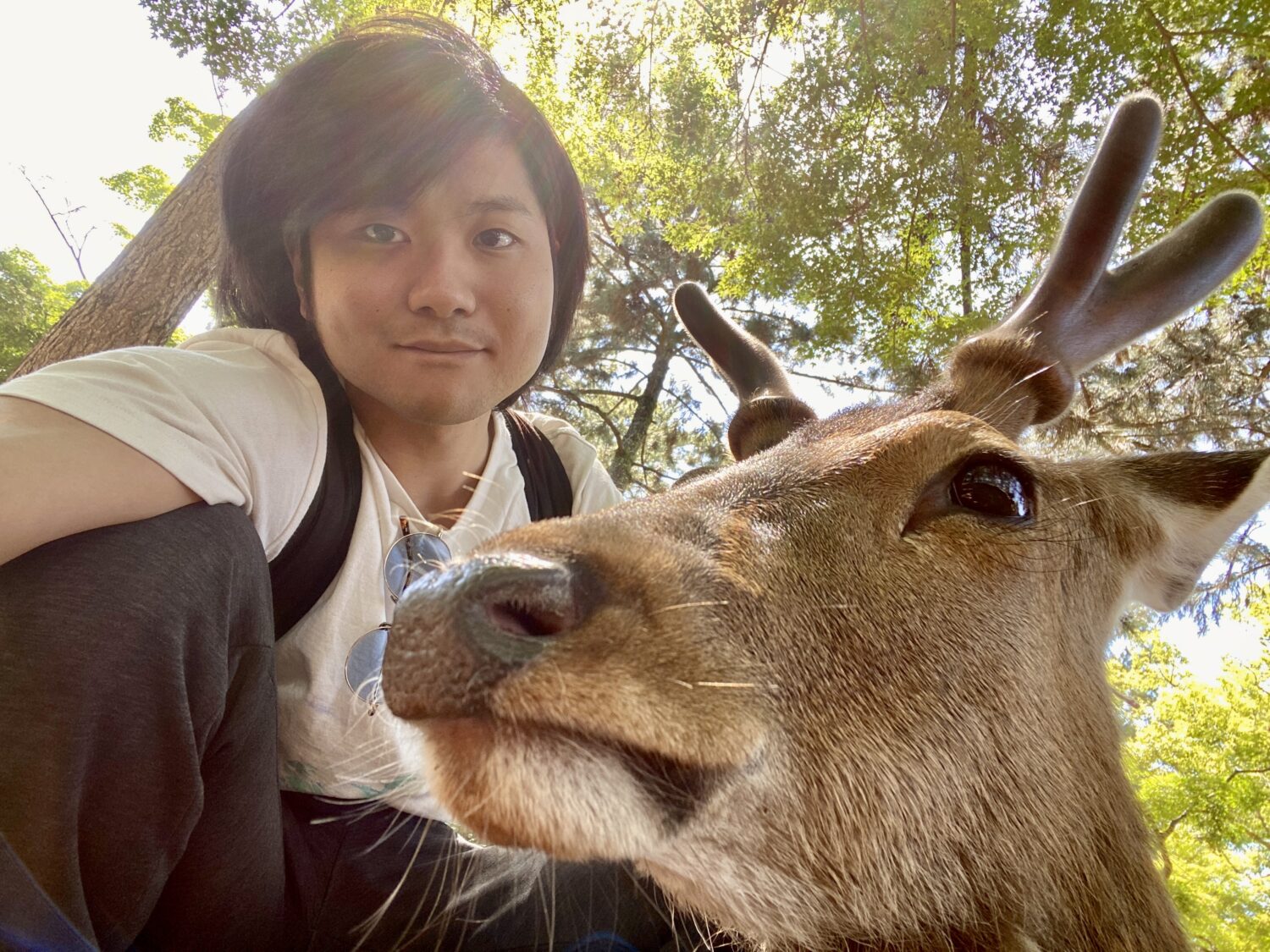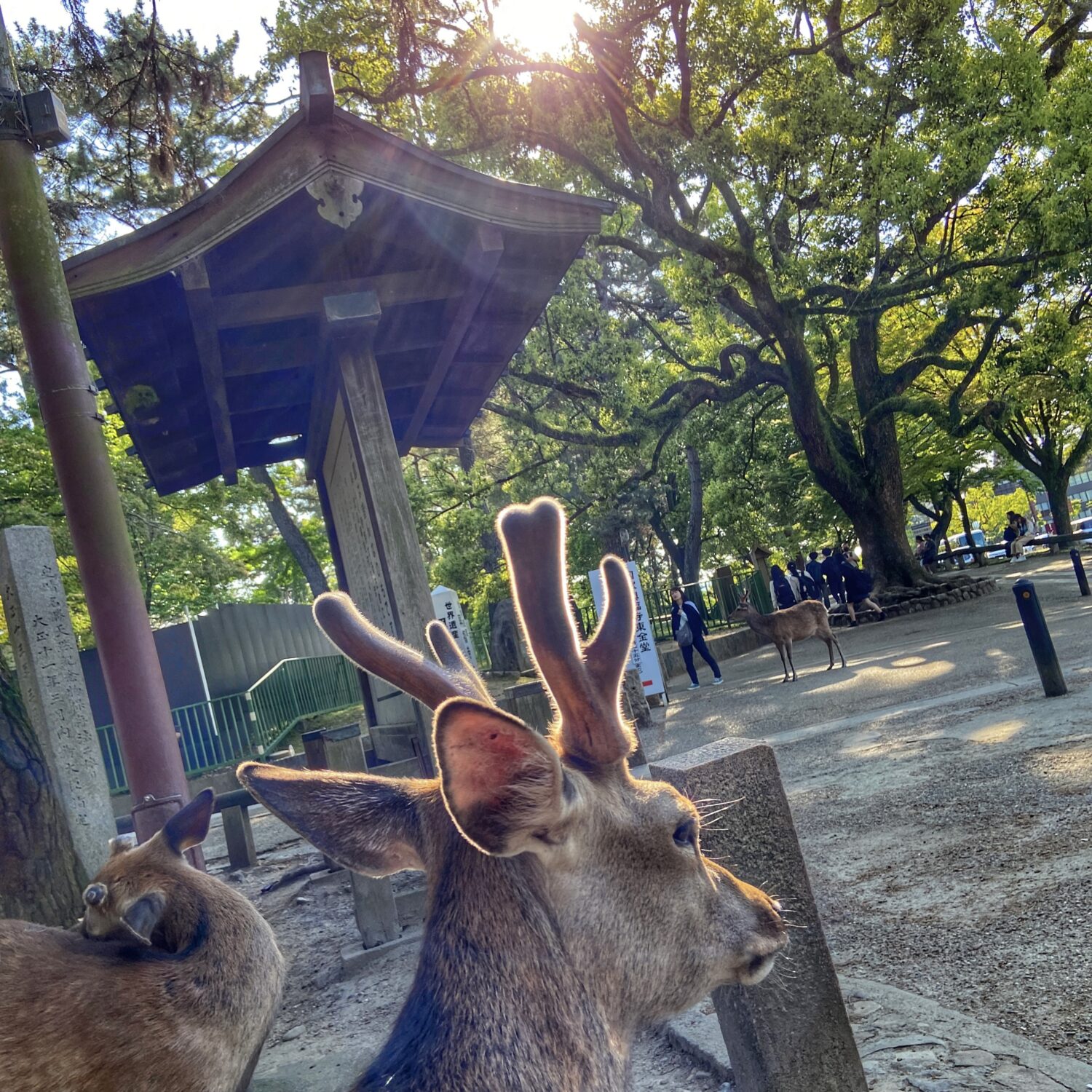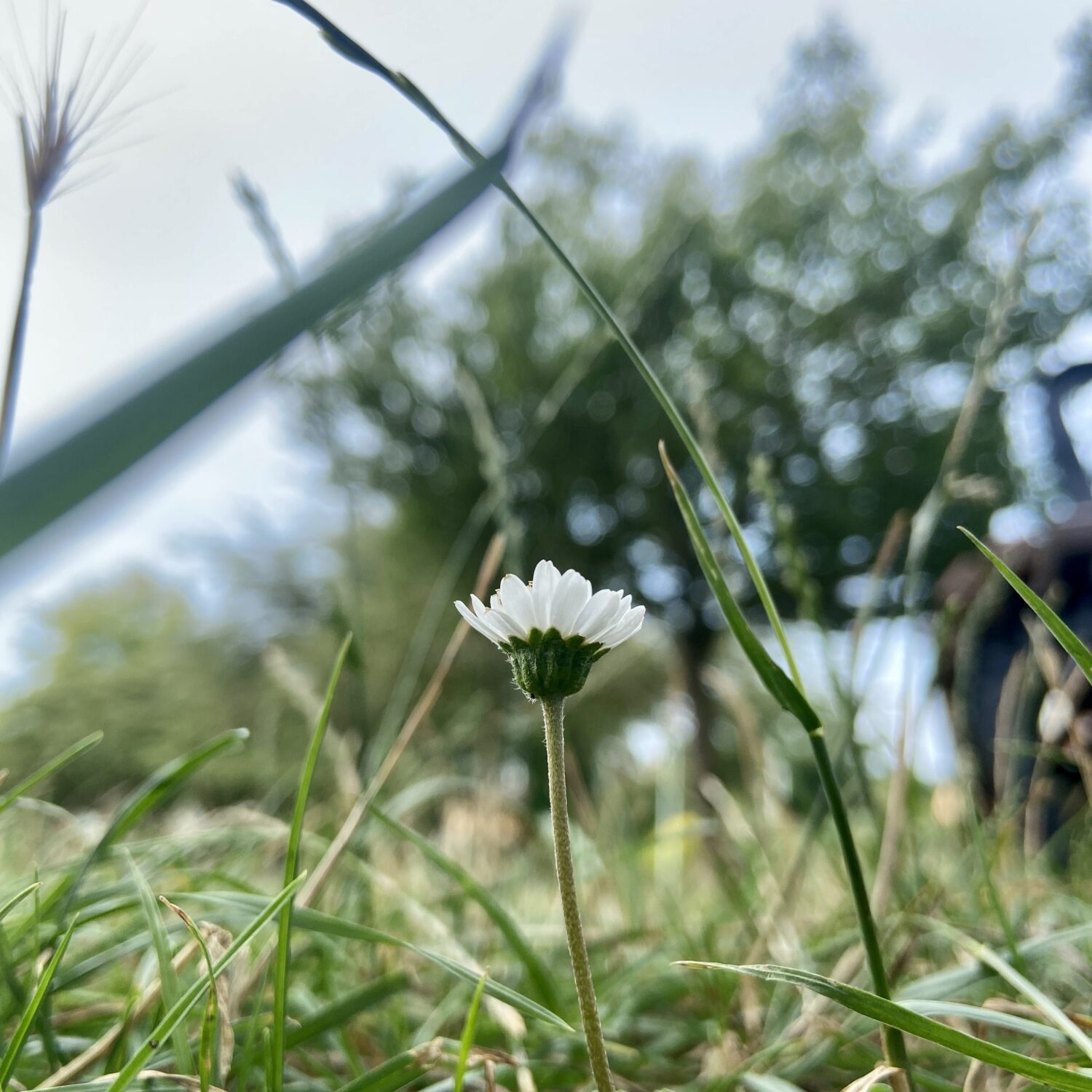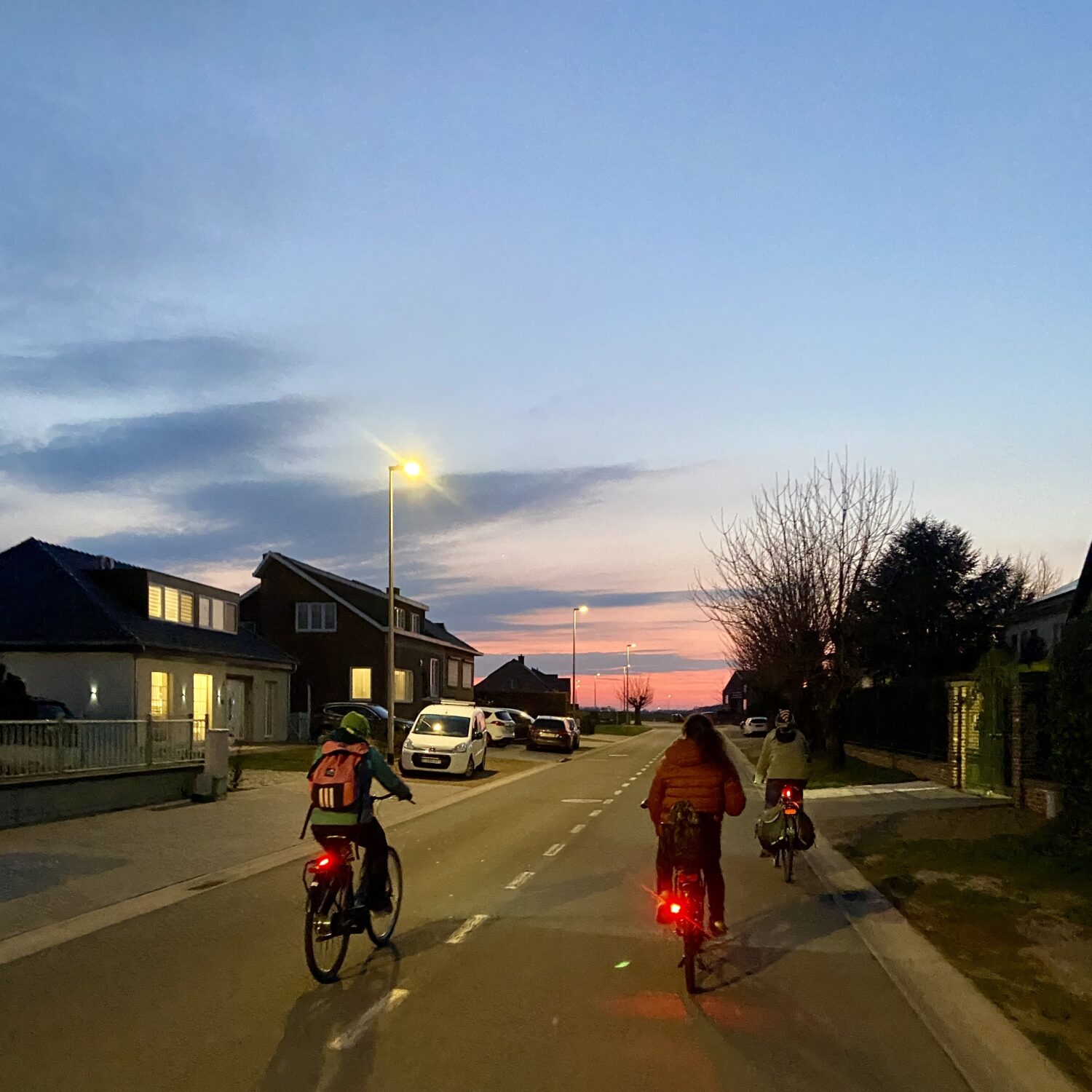Trip Notes: Come Home Again
I took a solo trip to the Kansai region for a few days. The reasons were twofold: a seminar I wanted to attend was being held in Osaka, and I was going through a lot in life and needed time alone—to reflect and talk with myself. These two reasons overlapped, and before I knew it, I had bought a plane ticket. The trip wasn’t cheap, it was far away, and I had an event I was organizing coming up soon. So I debated for a long time whether to go or not. But in the end, I didn’t want to be the kind of person who doesn’t take action. I wanted to take what I was going through at the time—whatever it was—and make it something that, when I look back years from now, maybe five or ten years into the future, I could say, “I’m glad it all happened then.” I wanted to make sure I wouldn’t hold grudges, to turn it all into something meaningful, and for that, I needed to move—I needed to act.
Then came the day of departure, around noon. I got on the plane and stared blankly at the large silver wing outside the window, waiting for takeoff. I don’t know why, but suddenly I remembered that I had friends living in Nara. The way the brain works is strange. It didn’t feel like “thinking,” it felt more like “receiving.” The friends were a married couple I met six years ago in Mexico. I used to call them Oka-san (the husband) and Nacchan (the wife). Back then, we were all backpackers. Since returning to Japan, we hadn’t met even once. Once I realized Nara was only about an hour from Osaka, I felt an overwhelming urge to see them. But it had been so long since we last met… Would it be okay to suddenly send a message saying I wanted to visit? Would it be a bother? As I hesitated, the plane began to move slowly, preparing for takeoff.
...Time is always limited. You never know when will be the last chance to meet someone. I decided to send the message. Just in time, I tapped “send” and switched my phone to airplane mode. The plane climbed rapidly. I felt the familiar pressure of takeoff in my body. Outside the window, houses and cities shrank quickly in size. In an instant, they looked like tiny gravel, almost like a giant electronic circuit board. “Maybe that’s the house I live in now?” I thought as I looked down on the city. Suddenly, I felt just how tiny we humans really are. We’re like microorganisms clinging to the Earth, being kept alive by it. This world is incredibly vast—so why had I spent so much time in that small city? Why had I clung to it so tightly? The thought seemed strange. After landing in Osaka and reconnecting to the network, I found a reply from the couple in Nara. They responded right away, saying they’d be happy if I came to visit. Holding onto that joy, I headed to Nara the following day.
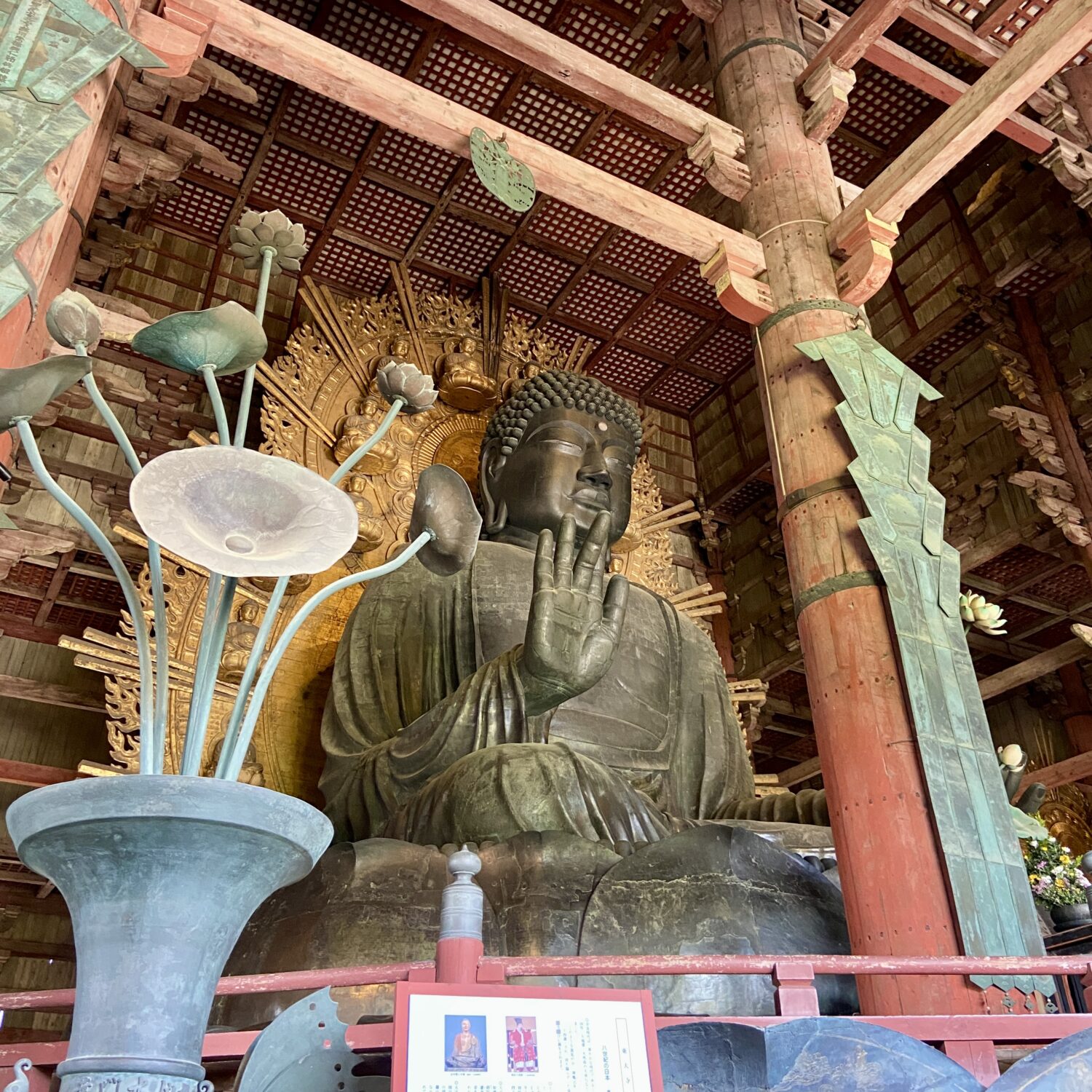
Around 7 p.m., I left the city of Nara and made my way along a narrow countryside road, finally arriving at their home atop a hill. The lush greenery filled the air with the fresh scent of the mountains. The light around me gradually dimmed, and the insects had begun to sing their beautiful songs. Surrounded by it all, I realized just how far I had come.
And finally, we reunited after all these years. We hugged each other with big smiles. Just being able to see them again made me so happy. They showed me the house nearby, the one they were in the middle of renovating themselves. It was an old traditional home they were seriously repairing. The exposed walls and beams, the scattered tools and paint all around—it spoke louder than words about how much effort they had poured in. When they took me up to the rooftop on the second floor, I was met with a wide, open view of Nara’s nightscape. The sparkling city, glowing like traditional clothing from some faraway land, looked even more dramatic than Tokyo had from above during takeoff. I couldn’t help but sigh.
“Once we finish fixing up this house, we’ll live here for real. We’re also thinking of turning it into a guesthouse for travelers. And maybe even using it as a venue for events,” said Oka-san, who stood beside me. He told me how hard it was to balance that work with his main job in farming, but his eyes—while speaking of his future vision—seemed to sparkle even more than the nightscape of Nara.
We moved to the temporary home where they currently lived. They cooked me a homemade meal using vegetables they had harvested from their farm. The taste sank deep into my travel-weary body. At the same time, I felt wrapped in a strange sensation, as if the days we’d spent together at the same hostel in Mexico had come flooding back. We drank a little, and as if making up for the time we hadn’t seen each other, we talked and laughed together about so many things.
In the middle of our conversation, Oka-san suddenly said, “You either do it, or you don’t.” He meant that in life, everything comes down to just those two choices. He explained that his standard for choosing is always whether something feels fun or not. Because we never know when we’ll die. And instead of sacrificing the present for the future, he believes that by enjoying the present, the future naturally becomes brighter. His words felt strangely persuasive—they struck something true. And he wasn’t just talking; he was living it. Oka-san was steadily turning his dreams into reality, embodying those very words.
Then Oka-san continued slowly. “As we become adults, we tend to think only about risks and consequences, and that makes us hesitant to act. That’s why I believe acting on intuition is really important.” “That’s true,” I thought quietly in my heart, and replied, “Intuition is often surprisingly accurate, isn’t it?” He didn’t agree or disagree—he just nodded slowly, took a breath, and said, “I don’t think there’s such a thing as right or wrong.”
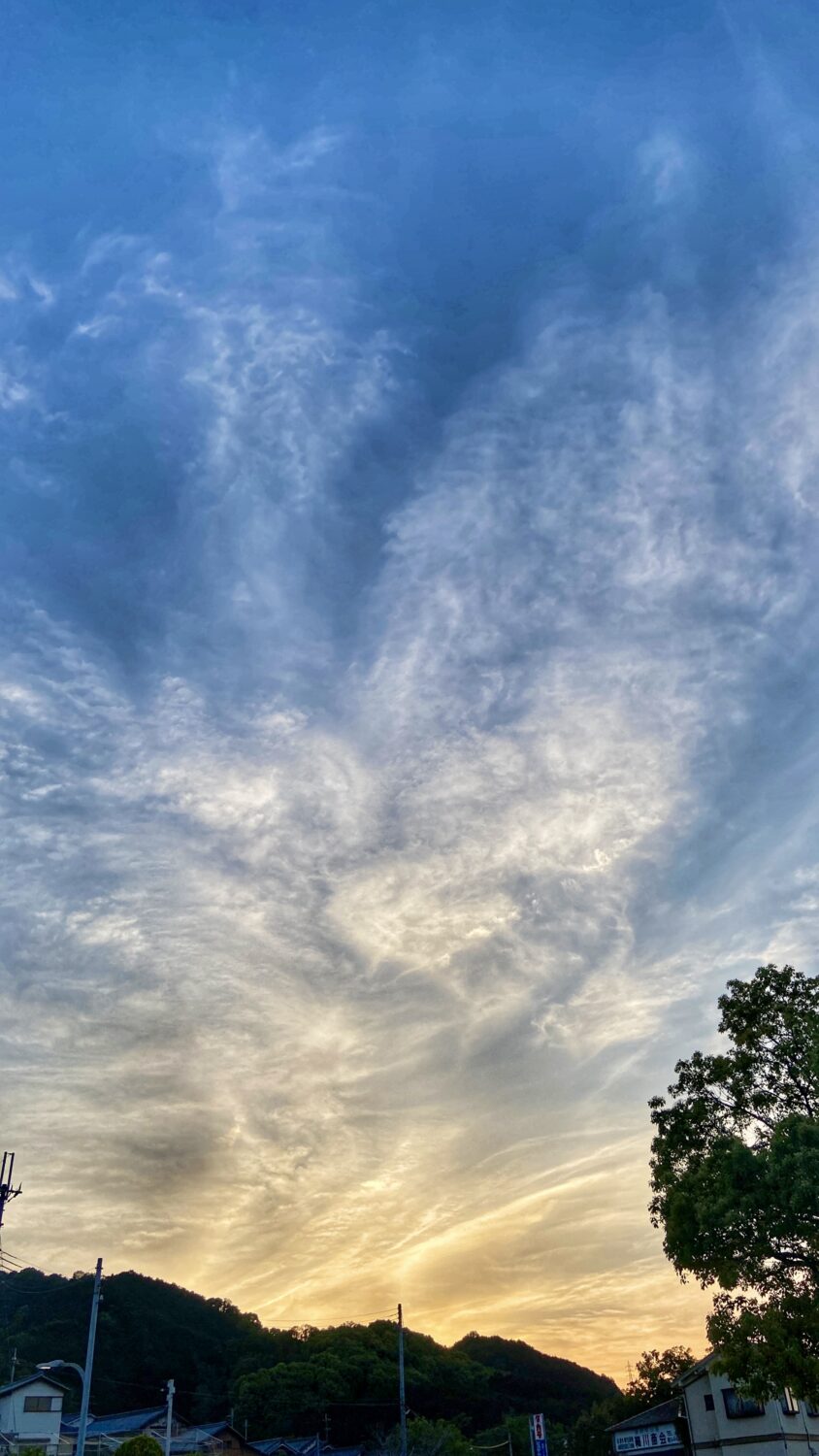
Those wonderful hours were full of joy and deep learning. I wanted to stay in that flow forever. But before I knew it, the time for the last train back to Osaka was quickly approaching. As the mood shifted toward saying goodbye, Nacchan—who had been cheerful and gentle the whole time—smiled and said something completely natural, as if it were the most obvious thing in the world.
“Come home again, anytime.”
To that, I responded with something that wasn’t quite words. Something vague and inarticulate. Both Nacchan and Oka-san laughed, saying, “What kind of answer is that?” But I realized then—when someone is deeply moved, they can’t always respond with proper words. It wasn’t “Come visit again,” but “Come home again.” Such a warm, deeply kind phrase.
At the last possible minute, I got on the final train, glowing faintly in the dark. Holding close the love they had shared with me, their warmth, their kindness, I waved goodbye with both hands to the two of them who had come to see me off at the station.
